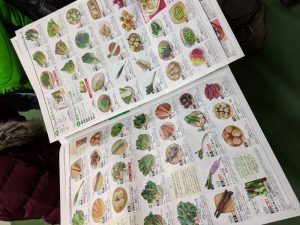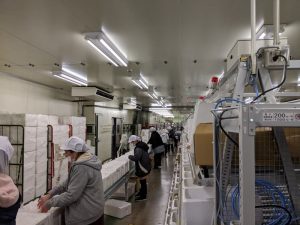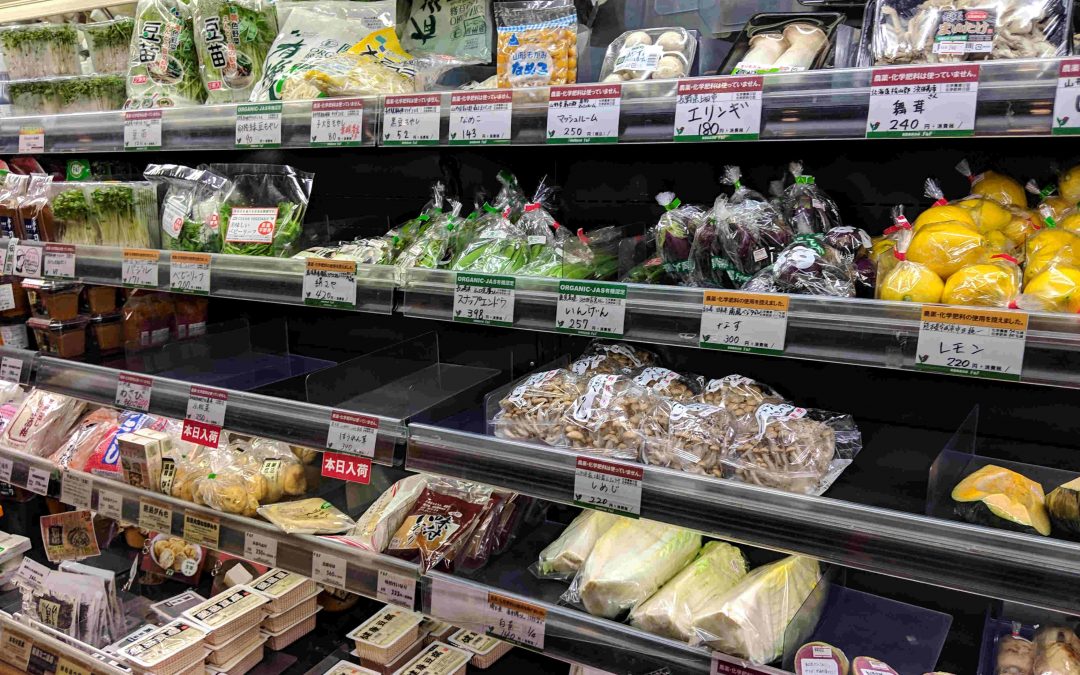When purchasing food in my life, I haven’t thought much about where the food comes from or if the food is safe for me to eat. For me food safety is a comfort and is a comfort that I take for granted. For example if I went to a super market in America and saw this a shelf of food like the one above, I would feel safe picking anyone of these foods. For many people in Japan this isn’t the case. People in their communities have been directly impacted by unsafe food. These people were under the presumption that their food was safe and regulated by the government. This broke a layer or trust and security that prevents people from believing that all their food is safe. This creates two unique aspects of safety, physical safety and safe of mind. Physical safety refers to the actual safety of the food that we can measure, this could be the amount of radiation in the food or the amount of mercury. On the other hand, you have safe of mind. This means that consumers trust that they are eating food and feel safe about eating food. In the case of Japan, both physical safety and mental safety were broken. This permanently creates a lack of trust which harms the mental safety of food. This harm both consumers and producers of foods. For example, with the Fukushima incident consumers didn’t trust the government to determine that the food was safe to eat. The farmers also were worried about the government’s standings on safety as well and were worried that their products could harm consumers. The farmers in this issue took it upon themselves to guarantee the safety of their food because they also lacked trust in the government’s judgement. When the government acts as a middle man it also hides some of the precautions that farmers are taking. This continues to make it difficult to give consumers the safe of mind they need to be willing to trust their food. It is important when insuring the safety of food that not only real safety is being cared for, but also the mental safety on people. Communities in Japan have been making efforts to ensure the safe of mind for consumers. One of the methods we observed were co-ops. The goal of a co-op is to directly connect the consumer to the producer. It forms a community focused around food. Our trip visit a particular co-op named, Yotsuba Co-op. From this trip we learned how the co-op involves members into its community. We learned that the co-op offers jobs to its members to help with packing food and that it ships weekly catalogs to its members, these catalogs contain information about the food stating if GMOs were used or if the products were organic.


The co-op also connects the members to the farms by writing newsletters about some of the farmers who produce food for the co-op. From some of the members that we talked to, they said that they felt much better about the safety of their food. Co-ops like Yotsuba have apparent value in solving this food safety crisis and ensures a higher level of mental safety to food products.

Recent Comments